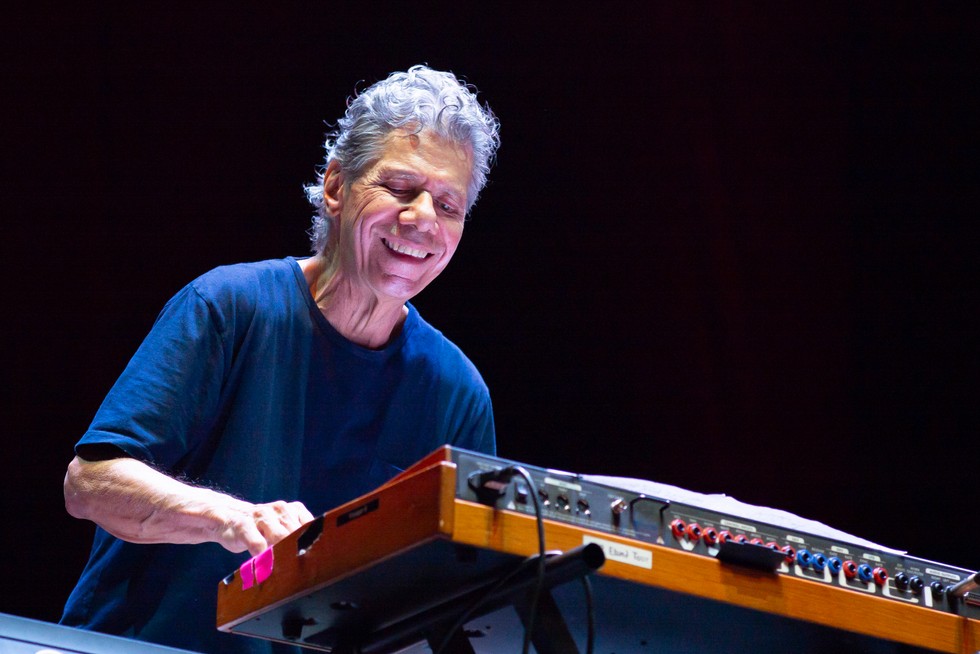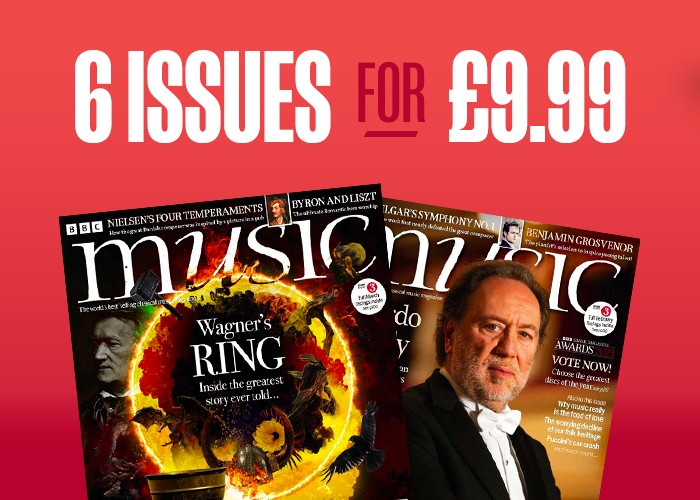Chick Corea: the music that changed me
In 2012 the late jazz pianist Chick Corea talked to Nick Shave about the music that influenced and inspired him

In 2012 the late jazz pianist Chick Corea talked to Nick Shave about the music that influenced and inspired him. Here are the key pieces that set Chick on his unique musical journey.
Copland: Clarinet Concerto
Lately I’ve been listening to Copland’s Clarinet Concerto and pieces by Takemitsu. Clarinettist Richard Stoltzman sent me the Takemitsu after working on my piece, Marika Groove, that he premiered this year with marimbist Mika Yoshida at Carnegie Hall.
But I never grew up listening to classical repertoire. My dad was a trumpeter and the music he loved was Dizzy Gillespie, Charlie Parker and the new bebop at the time, and so I listened to 78rpm recordings of Billy Eckstine and a young Sarah Vaughan. Most of all, I liked the fast and wild music, such as Gillespie’s ‘Things to Come’.
Bartók: String Quartets
My dad showed me how to read music, and I would jam with him, but when I was around eight years old he sent me to learn with Salvatore Sullo, who was a pretty great classical pianist and used to play with the Boston Pops. But it wasn’t until I soon after discovered the music of Stravinsky and Bartók that I became passionately interested in classical music. There is a whole line of recordings of piano music on the Hungaroton label by Zoltán Kocsis who is incredible, and the Végh Quartet’s recordings of the Bartók Quartets became a staple for me.
Bud Powell: Oblivion
Then there was pianist Bud Powell – he had a sound that was so warm and lyrical. When I was at high school, I would listen to his songs on record and then try to transcribe them, the melodies and phrasing. The way Bud played bebop, the way he swung and the emotion that he put into his phrasing always attracted me. There was one track on the Verve label, ‘Oblivion’, that I played all the time.
Miles Davis: In a Silent Way
I followed Miles Davis’s career all the way from when he first recorded with Charlie Parker in 1947. 1951 was Miles’s first solo album, Dig. I didn’t work with him until 1968, so by the time that rolled around I had been living in New York for eight years.
One night Miles came by when I was playing an engagement with Blue Mitchell’s group in Harlem and borrowed Blue’s horn and sat with the band. I was totally intimidated playing with him at first, until I got into the throw and motion of the actual music. When I first began working with him, I asked him if there was going to be a rehearsal, and his first instruction to me was, ‘No, just play what you hear’.
In a Silent Way and Bitches Brew – all the recordings I did in the Columbia Studio in downtown New York – they all kinda’ merged together for me. I would be out on the road with Miles and the working Quintet and then I’d get a call and go into a recording session, and when I turned up at Columbia studios there would be all these different guys around – Herbie [Hancock], Joe Zawinul, Wayne [Shorter]. We’d never play any of the music that we played live in concert; it was always some new idea that Miles was working on.
Mozart: the Piano Concertos
My transition from just being a student of classical music to getting out on stage and doing something with it came after playing improvisations with pianist Friedrich Gulda at the Munich Summer Piano Festival in 1982. Until then, I had assigned Mozart, Beethoven and Bach to an old guys’ bin in my mind, but that evening, Gulda played Mozart and it took my head off.
A couple of months later he invited me to play the Mozart Double Concerto with the Royal Concertgebouw and I naively accepted. I didn’t know what I was getting myself in to. Some of his slower, lyrical music – Elvira Madigan [Piano Concerto K467] for example – invites you to play around with it, like you would with ‘Misty’, but when it is more complex and moving fast, those are the notes that you’re going to want to play.
We named Chick Corea one of the greatest jazz pianists ever
Interview by Nick Shave
Authors

Nick Shave is a writer and sub-editor for the Guardian, and has written for BBC Music Magazine on topics including video game scores and composers and artists such as Philip Glass, Steve Reich, Keith Jarrett, John Adams and Michael Nyman.




